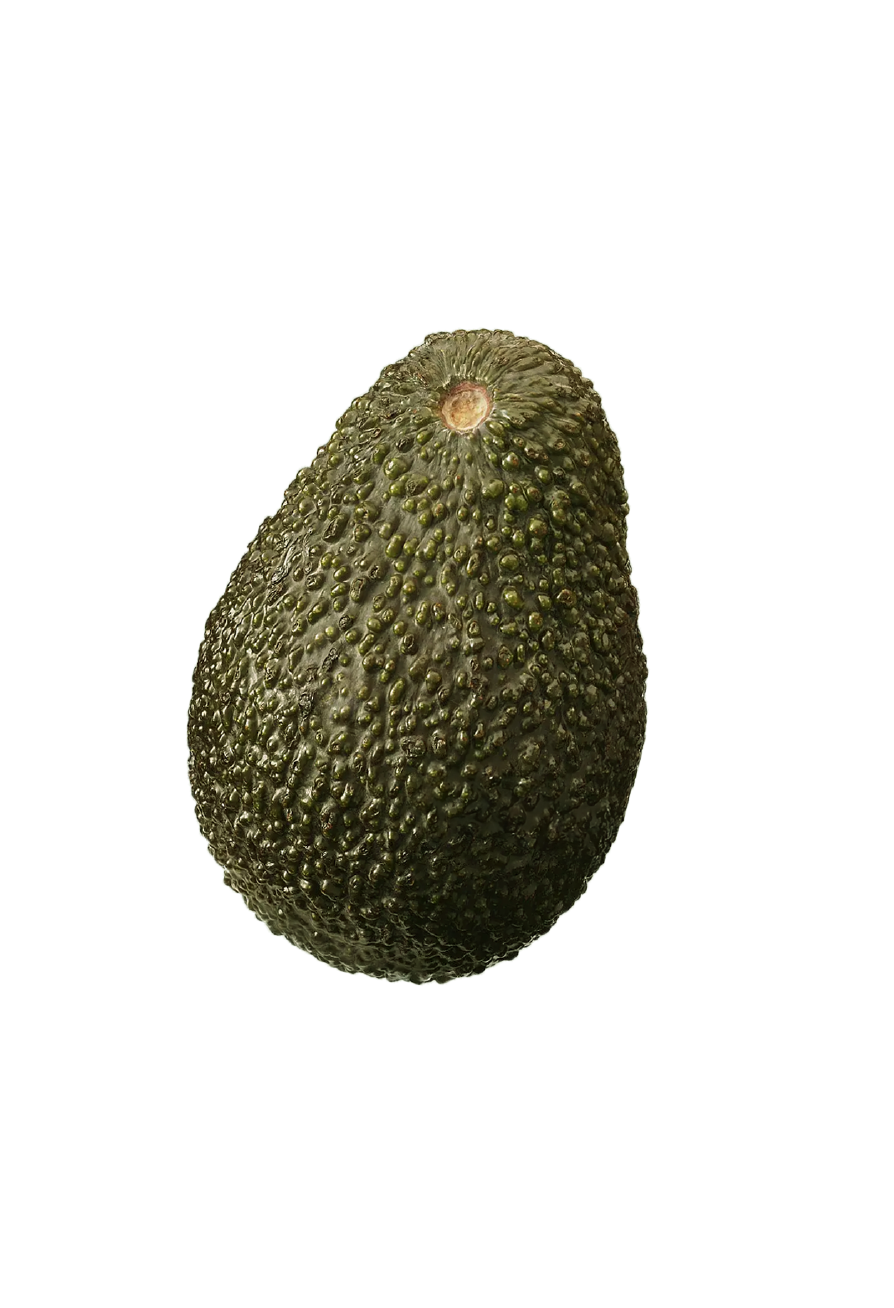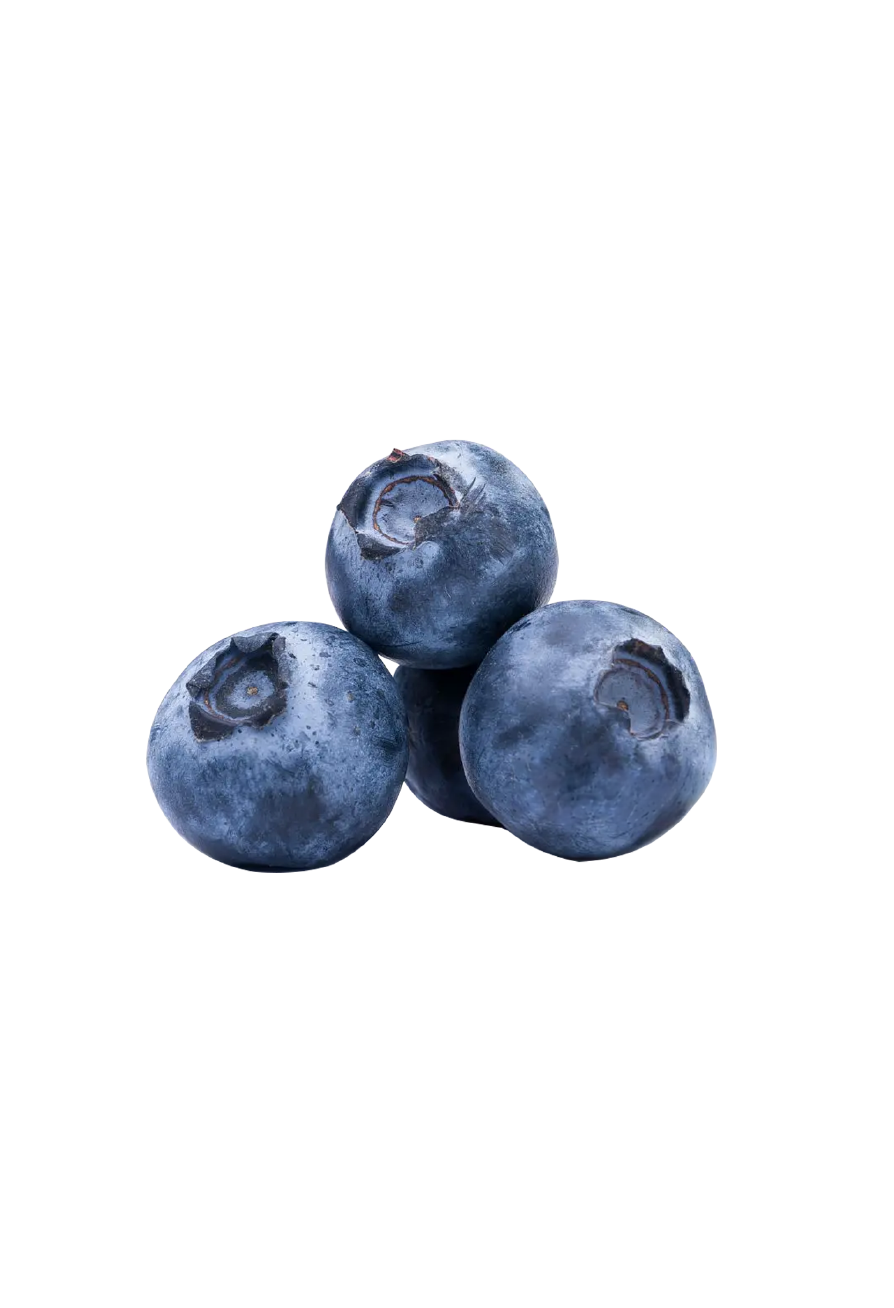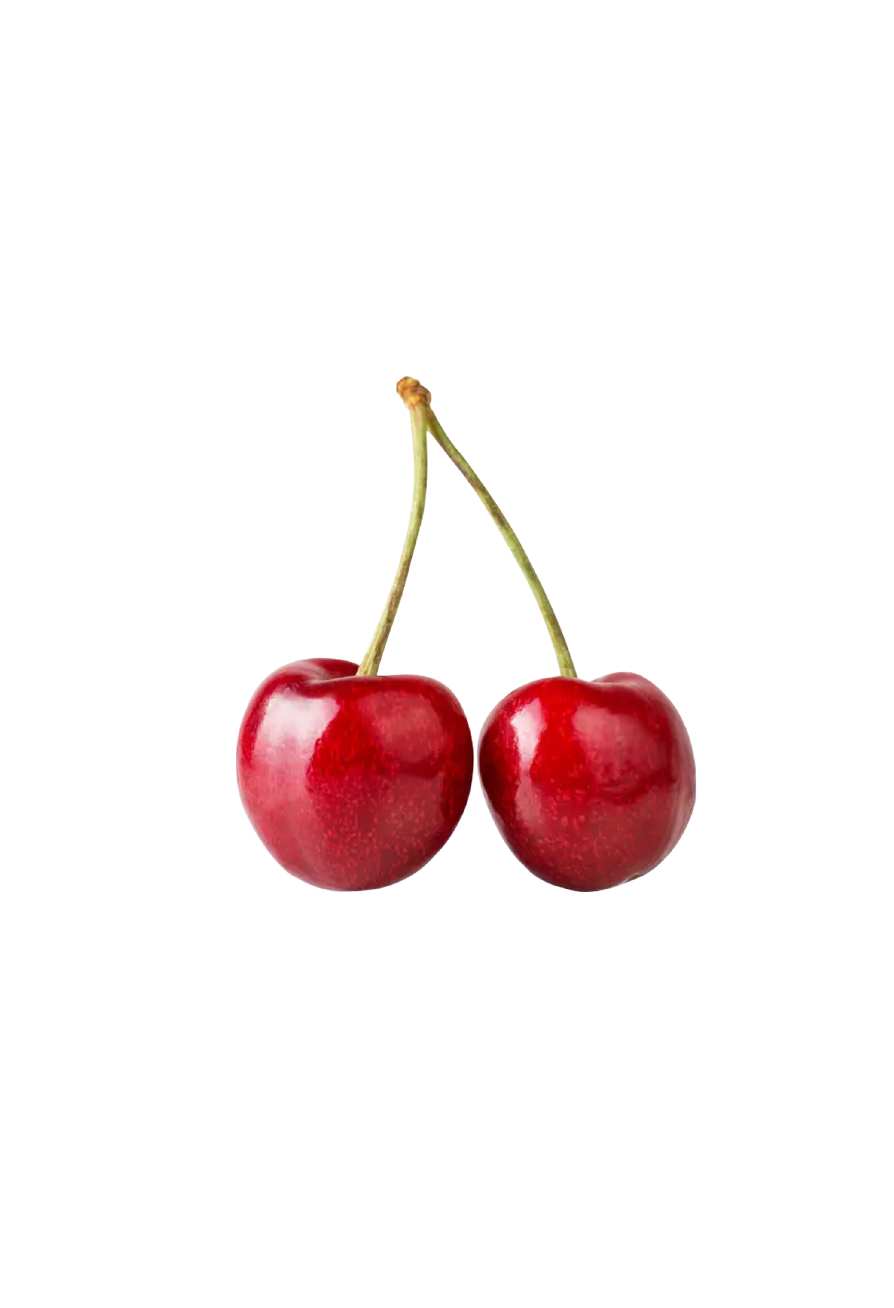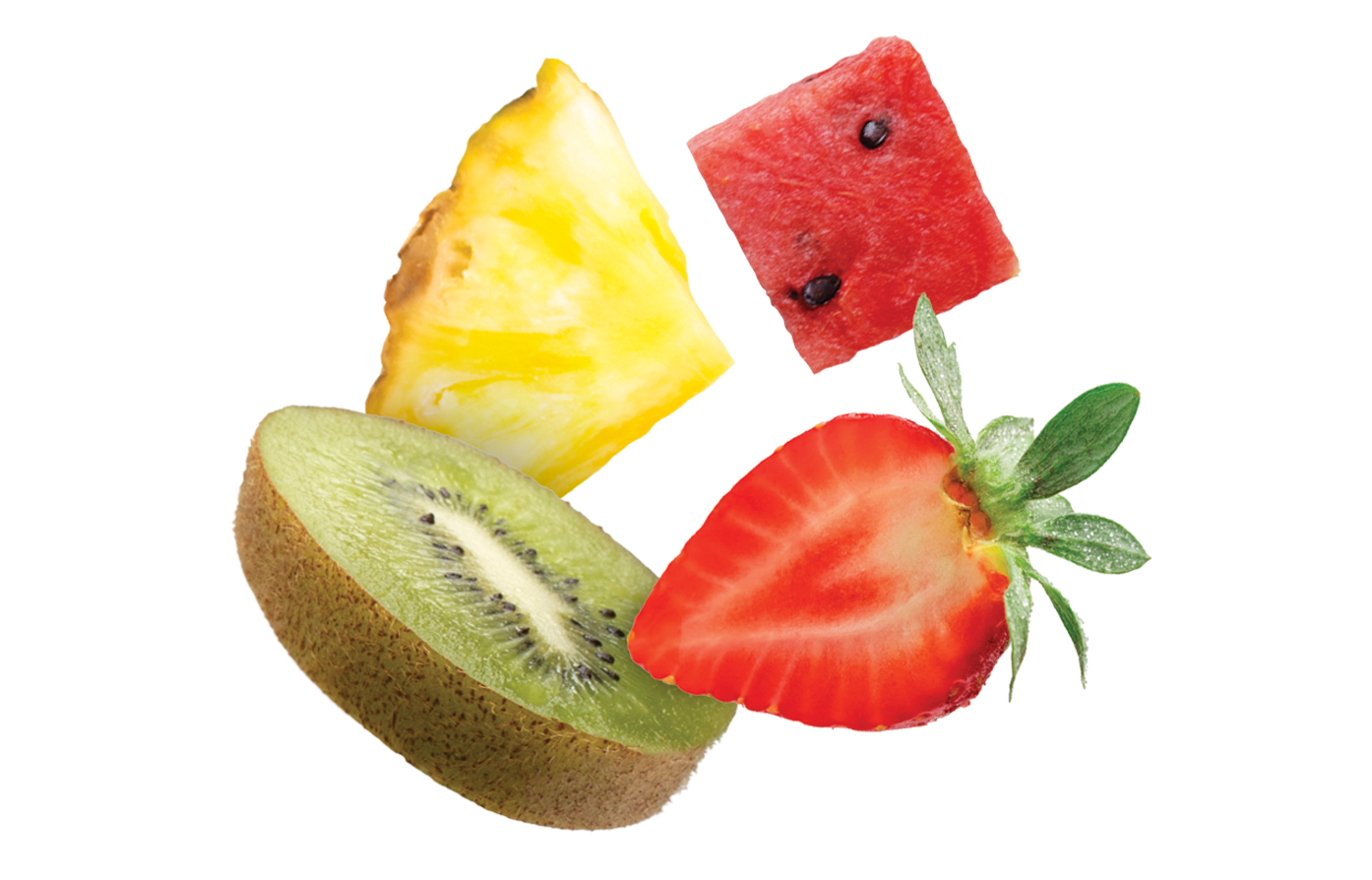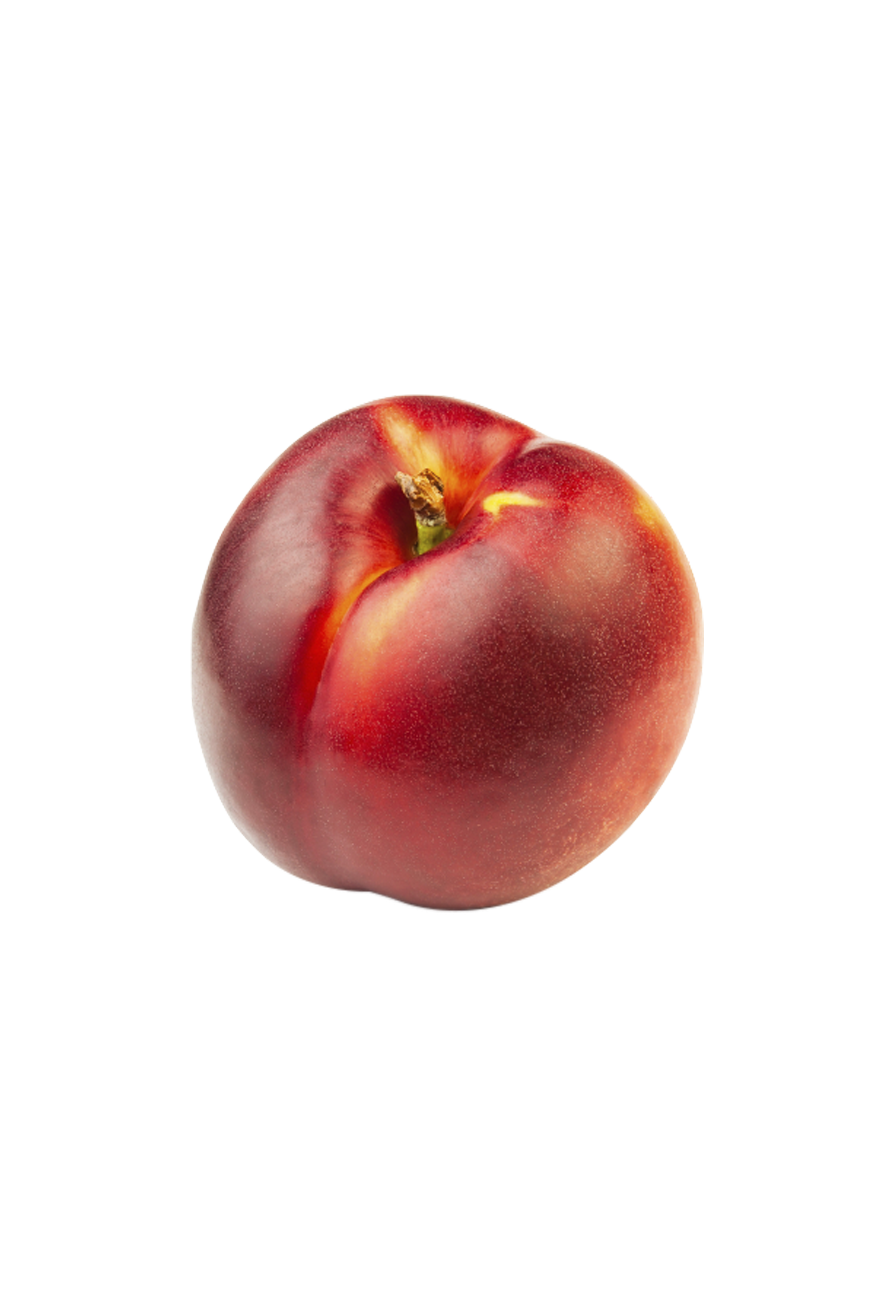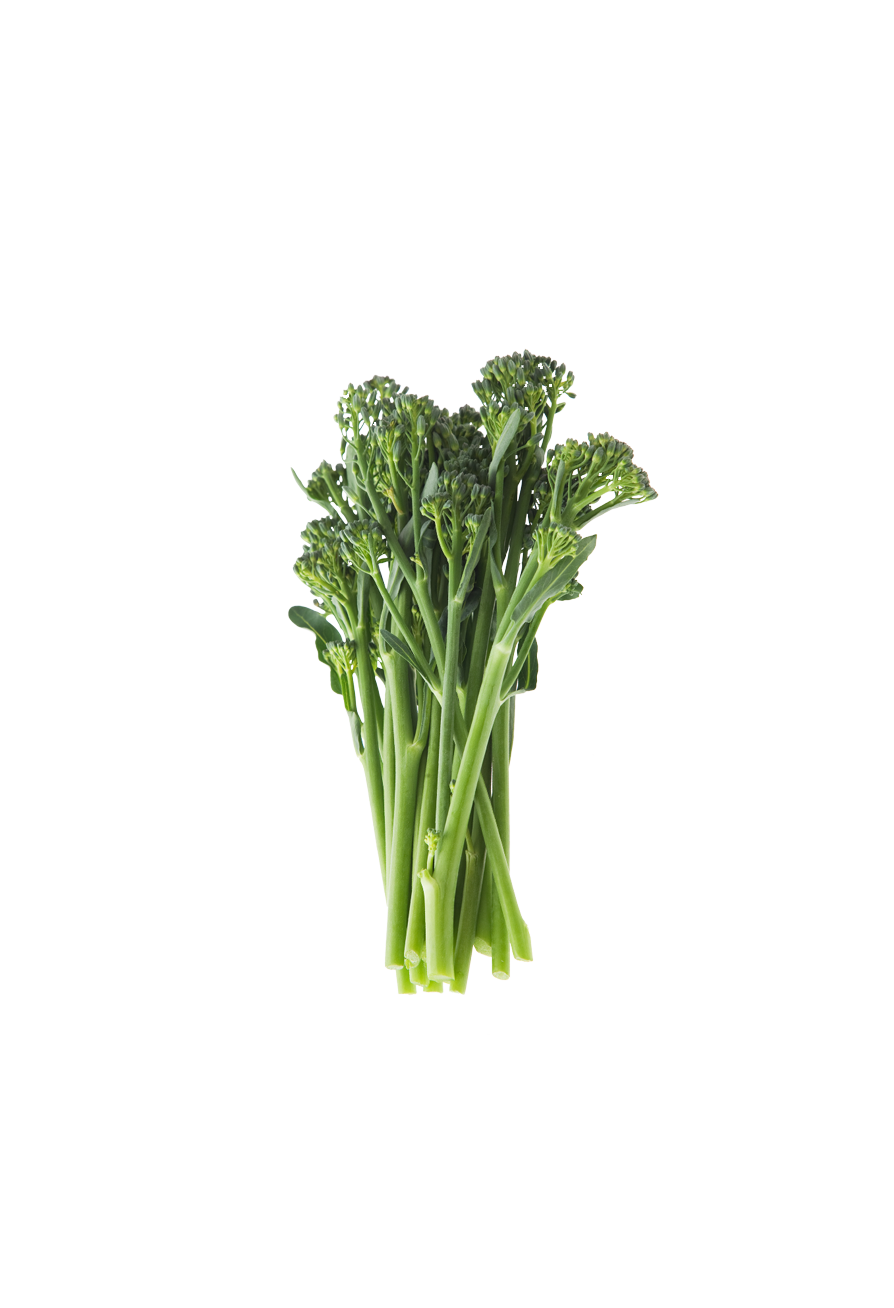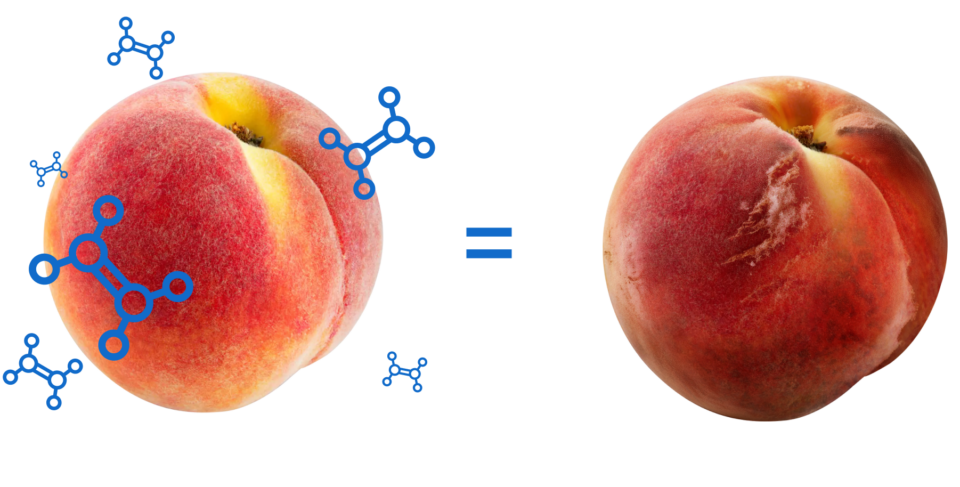Ethylene also, known as ethene (C2H4) may sound like a complex chemical, but it’s actually a fascinating and essential part of plant life. This simple molecule is produced and emitted by plant matter and plays a starring role in the world of fruits and vegetables. Often dubbed the “ripening hormone”, ethylene is responsible for the transformation of unripe, hard produce into the delicious, ripe fruits we love. (Burg and Burg, 1962)
The Unsung Hero of Plant Development
Ethylene’s influence extends far beyond just ripening. From seed germination (Linkies and Gerhard, 2012) to programmed cell death (Trobacher, 2009), this gaseous hormone is integral to numerous plant development pathways. Its production is triggered by various factors, including environmental stress, physical damage, and genetic expression. Essentially, ethylene is a plant’s way of responding to its environment and ensuring its survival and reproduction.
The Double-Edged Sword of Ripening
While ethylene is crucial for ripening, it also accelerates spoilage. This dual nature makes it both a friend and foe to fresh produce. Ethylene increases cellular respiration and breaks down structural compounds, speeding up the ripening process. Historically, its impact was mostly associated with climacteric fruits like apples and bananas, which show a spike in respiration post-harvest. However, recent research reveals that even non-climacteric fruits like cherries and grapes emit and are sensitive to ethylene, thanks to advanced detection methods that can identify ethylene at parts per billion levels.
RYPEN’s Ethylene Moderating Technology
Our game changing technology, harnesses the power of ethylene control, enabling fresh produce to achieve optimal quality for longer. Our technology moderates ethylene concentrations, ensuring that fruits and vegetables such as plums, grapes and Tenderstem broccoli arrive in perfect condition. Our work with Grape and Cherry growers has debunked the myth that ethylene is only relevant to climacteric fruits, proving its significance across a broader spectrum of produce.
The Complex Dance of Ripening
The role of ethylene in ripening is intricate and multifaceted. Generally, the presence of ethylene gas speeds up ripening, and as fruits ripen, they emit more ethylene. Take avocados, for example. Importers often use ethylene to soften hard, unripe avocados to a ready-to-eat texture. As these avocados ripen, they release more ethylene, continuing the cycle.
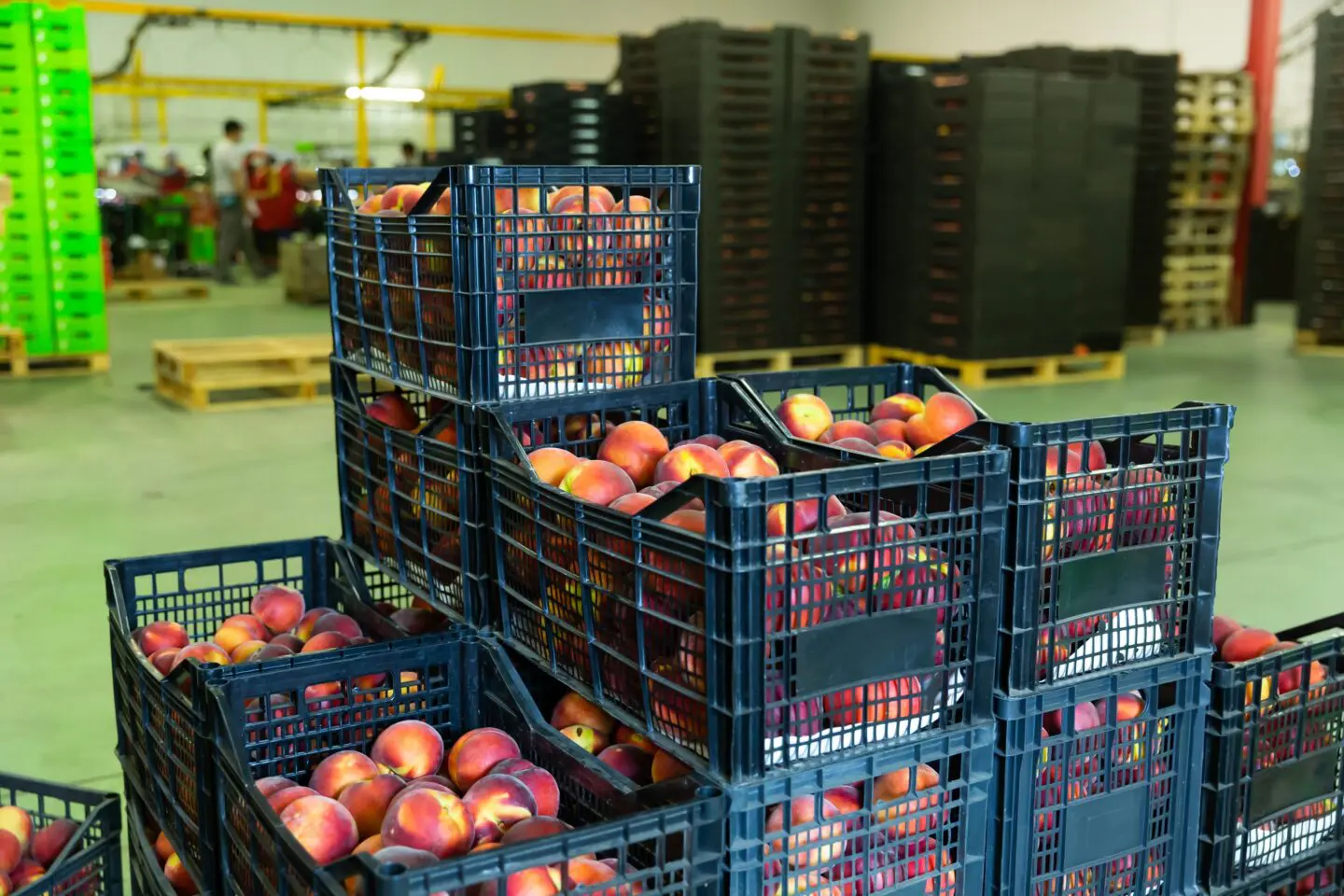
Another aspect to remember about ethylene is that emission and activity spreads rapidly from one item of fresh produce to another. This characteristic and observation led to the age old saying “One Bad Apple Spoils the Bunch”. As fresh produce ripens and spoils – in this case “Apples”, more ethylene is produced, which then affects nearby fresh produce (apples), causing a chain reaction of ripening and spoilage. This snowball effect can turn a healthy batch of fruit into a spoiled mess.
Ethylene Not Always the Villain
It’s important to note that ethylene isn’t inherently bad. Without it, ripening wouldn’t occur correctly. For instance, blocking ethylene in avocados using 1-MCP prevents them from softening and developing their characteristic buttery flavour. Instead, the fruit remains hard and inedible, with a grassy taste dominated by 1-hexenal.
By understanding and moderating ethylene, RYPEN enables all within the fresh produce supply-chain to increase quality on arrival and subsequent shelf-life maintaining optimal quality for longer, ensuring fruits and vegetables reach consumers in peak condition. Stay tuned to our blog for more insights into the science of ripening and how we’re making a difference in the world of fresh produce!
Burg, S. P., & Burg, E. A. (1962). Role of ethylene in fruit ripening. Plant physiology, 37(2), 179.
Linkies, A., & Leubner-Metzger, G. (2012). Beyond gibberellins and abscisic acid: how ethylene and jasmonates control seed germination. Plant cell reports, 31, 253-270.
Trobacher, C. P. (2009). Ethylene and programmed cell death in plants. Botany, 87 (8), 757-769.

